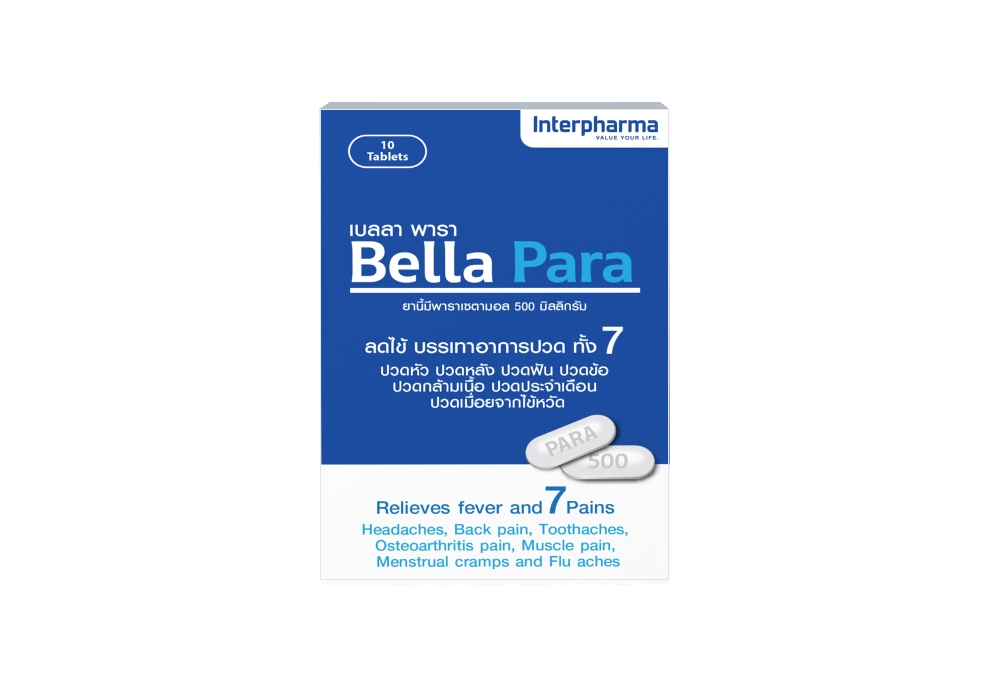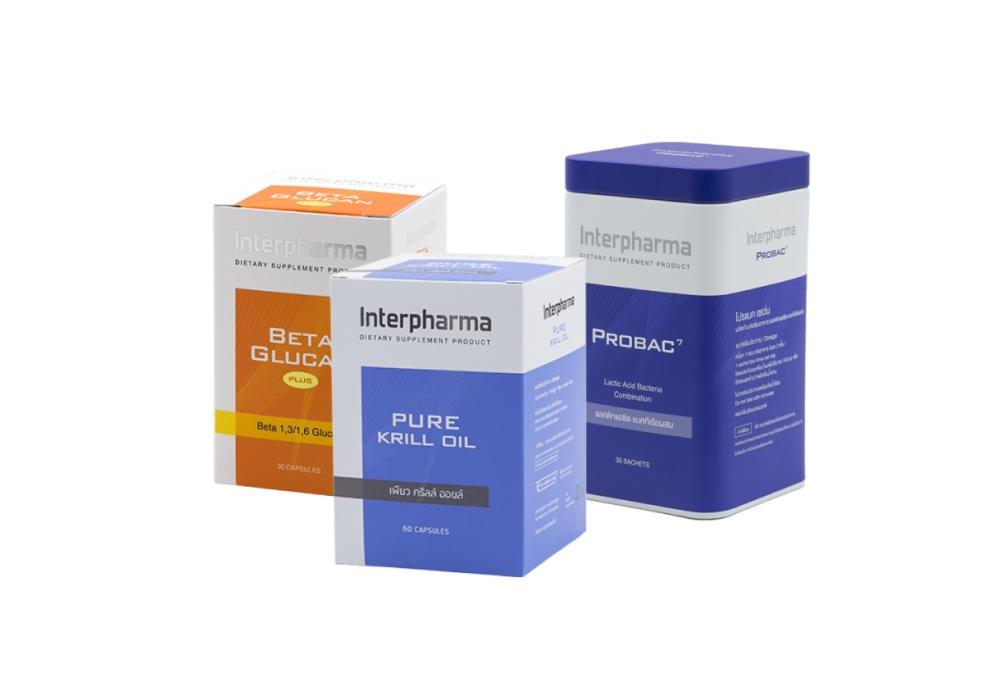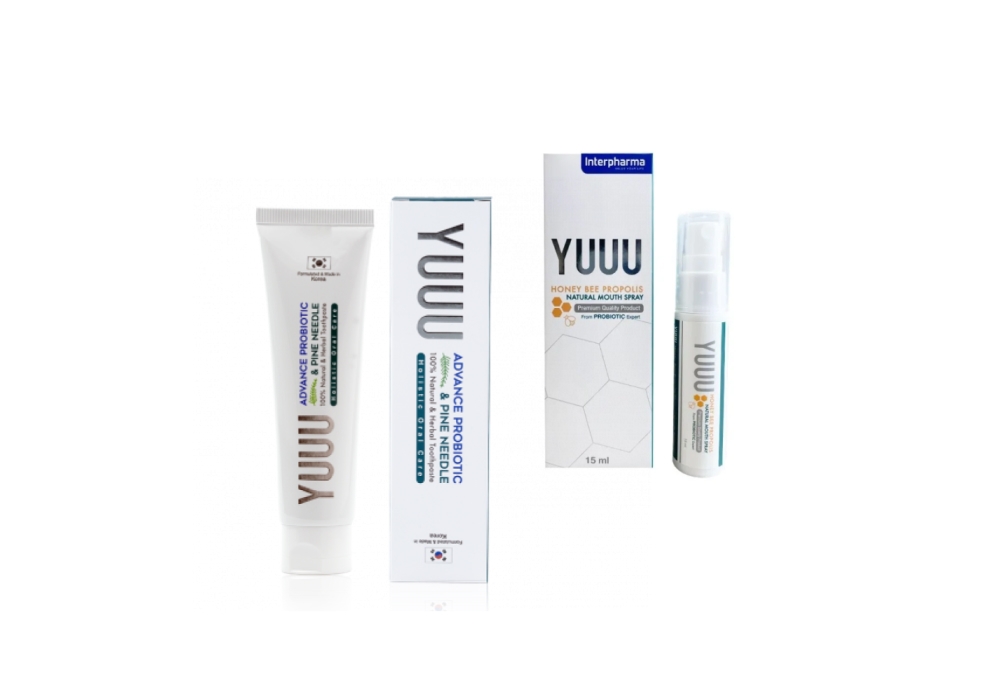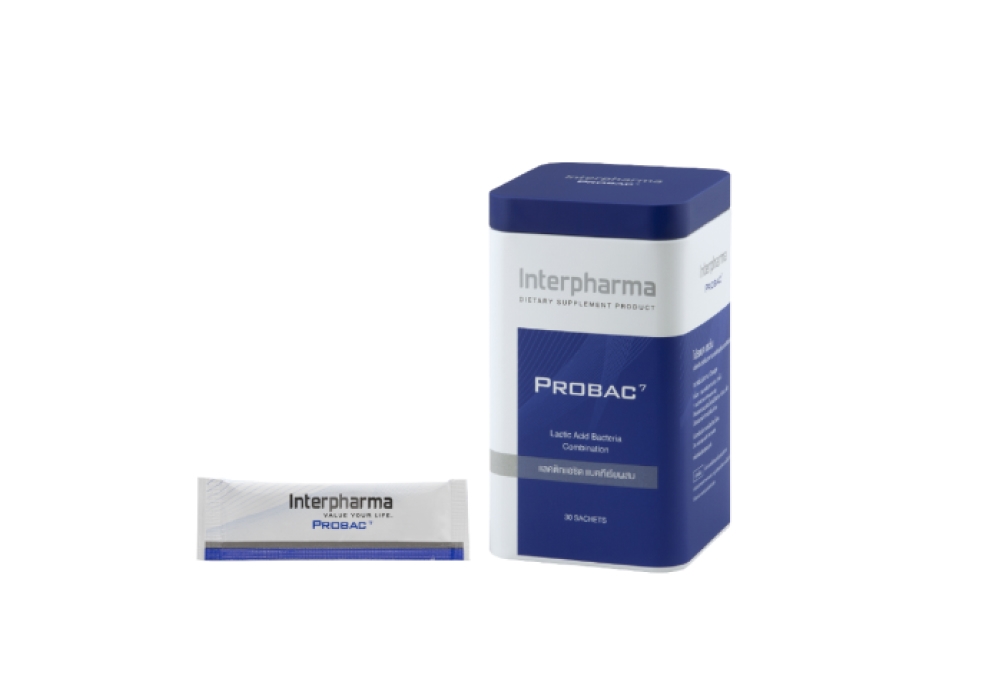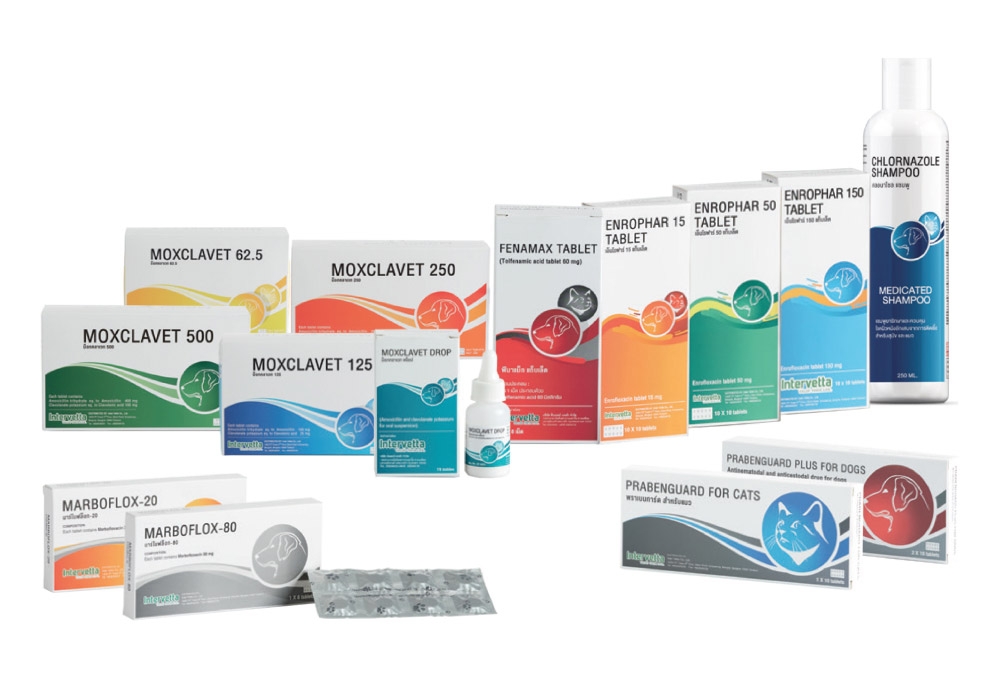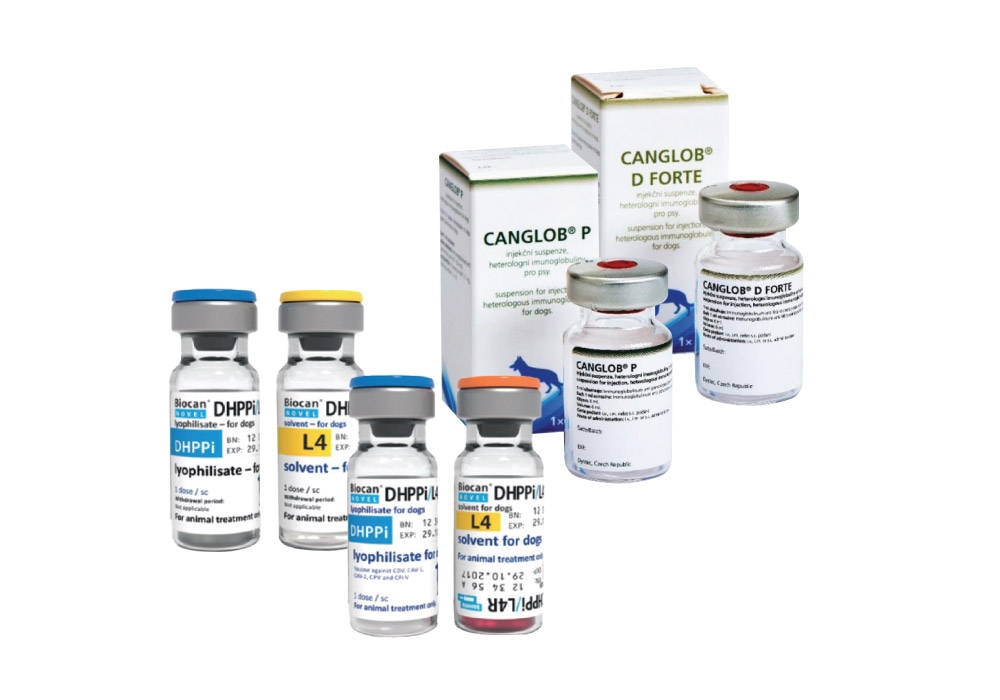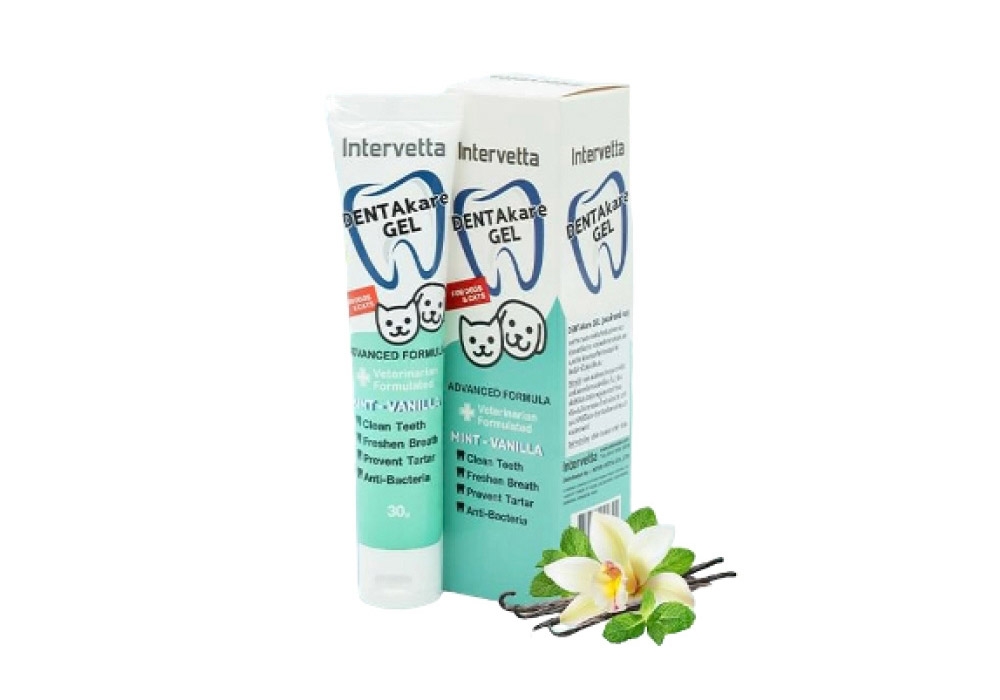How to Strengthen Your Brain: Tips to Enhance Memory and Concentration

How to Strengthen Your Brain: Tips to Enhance Memory and Concentration
In an era that constantly demands focus and memory, maintaining a healthy brain is paramount. Many may wonder how to nourish the brain for optimal performance, enhance memory, and improve concentration. This article presents various techniques and methods to help your brain stay strong and function at its full potential.
Nourishing the Brain with the Right Diet
Choosing the right food is the foundation of brain maintenance. The brain requires a variety of nutrients to build and repair nerve cells. A proper diet will help enhance the brain's capacity to work at its best and also help prevent long-term brain cell degeneration.
- Foods Rich in DHA for the Brain
Sea fish are one of the best food sources for nourishing the brain, as they contain DHA, an essential fatty acid for brain function. Salmon, mackerel, and tuna are excellent choices. DHA helps build strong brain cell membranes and improves the efficiency of nerve signal transmission.
Peanuts and various seeds like almonds, walnuts, and chia seeds are also good sources of DHA for those who do not eat fish. Additionally, they contain Vitamin E and antioxidants that help protect the brain from damage.
- Vegetables and Fruits that Enhance Memory
Dark green leafy vegetables such as spinach, kale, and collard greens contain antioxidants that help prevent brain inflammation. Dark purple fruits like blueberries and blackberries have anthocyanins that help improve memory and brain function.
Dark chocolate with a high cocoa content is another good option because it contains flavonoids that help increase blood flow to the brain, leading to better memory and concentration.
Exercise Techniques to Nourish the Brain
Exercise not only strengthens the body but is also a crucial way to nourish the brain. When we exercise, the heart pumps more blood to the brain, ensuring it receives adequate oxygen and nutrients. Furthermore, exercise stimulates the production of proteins that help repair and generate new brain cells.
- Aerobic Activities for the Brain
Walking, jogging, cycling, and swimming are aerobic activities that increase blood flow to the brain. Regular aerobic exercise helps increase the size of the hippocampus, the part of the brain that controls memory and learning. Dancing is another excellent activity for the brain, as it requires both movement and coordination between the brain and body, simultaneously training memory and concentration.
- Stretching and Yoga
Yoga and stretching help reduce stress, which is an enemy of the brain. Practicing yoga helps increase blood circulation and reduces stress hormones that can destroy brain cells. Stretching poses that emphasize deep breathing help the brain receive more oxygen.
Meditation Methods for a Healthy Brain
Meditation is a powerful tool for nourishing the brain. When we practice meditation regularly, the brain undergoes positive structural changes, especially in areas that control memory, learning, and emotional regulation. Meditation helps increase the thickness of the cerebral cortex in regions related to information processing and memory.
- Basic Meditation Techniques
Breathing meditation is a simple and effective method. Start by sitting in a comfortable position with your eyes closed. Focus on your inhalation and exhalation for 5-10 minutes. When your mind wanders, gently bring your attention back to your breath. This practice helps strengthen the brain's ability to control focus.
Slow walking meditation is another good technique. Pay attention to lifting your feet, stepping on the ground, and the sensations of your body as you walk. This method helps train the brain to be focused and aware of the present moment.
- Practicing Meditation in Daily Activities
Mindful eating is an easy way to practice meditation. Pay attention to the taste, smell, texture, and sensations while chewing and swallowing. Besides improving concentration, it also helps the digestive system work better and allows the brain to fully absorb nutrients.
Performing tasks or activities mindfully, such as washing dishes, showering, or walking, by giving your full attention to what you are doing, will help strengthen your brain.
Quality Sleep for the Brain
Sleep is the time when the brain repairs itself and organizes memories. During sleep, the brain cleanses accumulated toxins and reinforces connections between nerve cells. Insufficient or poor-quality sleep negatively affects memory and brain function. Therefore, quality sleep is a crucial factor in nourishing the brain.
Creating a suitable environment for sleep will help the brain rest fully. The bedroom should be cool, dark, and quiet. Avoiding screens and blue light for at least an hour before bed helps the brain prepare for sleep. Establishing a consistent pre-sleep routine, such as reading, meditating, or gentle stretching, signals to the brain that it's time to sleep.
Brain-Stimulating Activities and Memory Enhancement
Challenging the brain with new activities is an excellent way to strengthen nerve cells. When the brain faces new situations or learns new skills, it creates new connections between brain cells. Cognitively challenging activities help maintain the brain's flexibility and strength throughout life.
- Games and Puzzles for Memory
Puzzles, Sudoku, crosswords, and chess are activities that help train memory and analytical thinking. Playing these games regularly will help strengthen the areas of the brain associated with problem-solving and memory.
Learning a new language is a comprehensive brain-challenging activity, as it requires memory, listening, speaking, and analytical thinking all at once. Learning to play a musical instrument has similarly positive effects on the brain.
- Reading and Writing
Reading a variety of book genres stimulates the brain in different dimensions. Reading fiction trains imagination and emotional understanding, while reading non-fiction enhances knowledge and critical thinking. Writing in a journal or composing stories helps train the brain to organize thoughts and memories.
Stress Management for a Healthy Brain
Stress is a major enemy of the brain because stress hormones can destroy brain cells and hinder the formation of new memories. Learning how to manage stress is therefore an essential part of brain care. Chronic stress adversely affects the hippocampus, the brain's memory center. Reducing stress can protect and enhance brain health significantly.
- Relaxation Techniques
Deep breathing is a simple way to reduce stress. When you feel stressed, take a slow, deep breath in for a count of four, hold it for a count of four, and then exhale slowly for a count of six. This method helps calm the brain and reduce stress hormones. Engaging in enjoyable activities like listening to music, drawing, cooking, or gardening can shift your focus and reduce stress. These activities also help stimulate the release of happiness hormones that benefit the brain.
- Building Good Relationships
Positive social interactions help reduce stress and stimulate the brain. Conversations and sharing experiences with others help train language and memory skills. Having supportive friends and family creates an environment conducive to brain health.
Conclusion
Strengthening the brain requires a comprehensive approach, from choosing foods rich in DHA and beneficial nutrients, regular exercise, meditation, and quality sleep to engaging in brain-challenging activities and managing stress. These methods will help improve memory and concentration, enabling the brain to function efficiently and extending the lifespan of its cells.
If you want a strong brain and good memory, start by consistently applying these techniques to your daily life. Consistency and patience are the keys to long-term brain health. Begin taking care of your brain today for a stronger memory and better concentration in the future.
